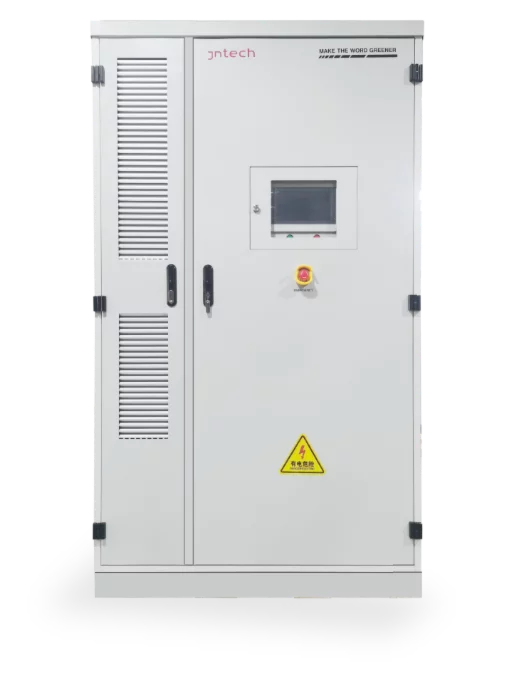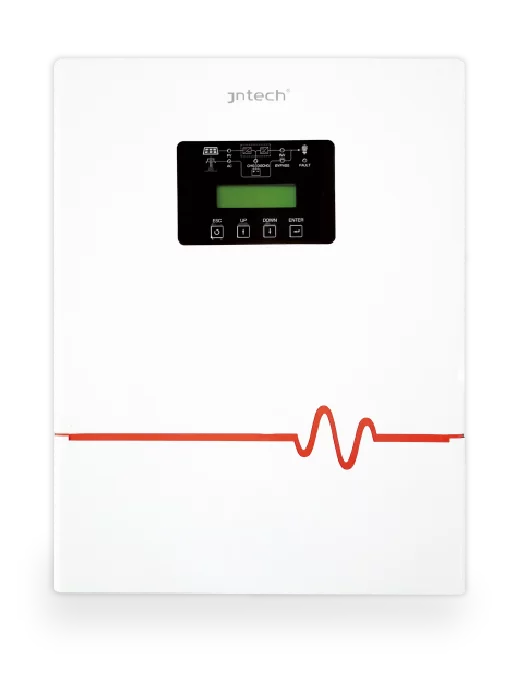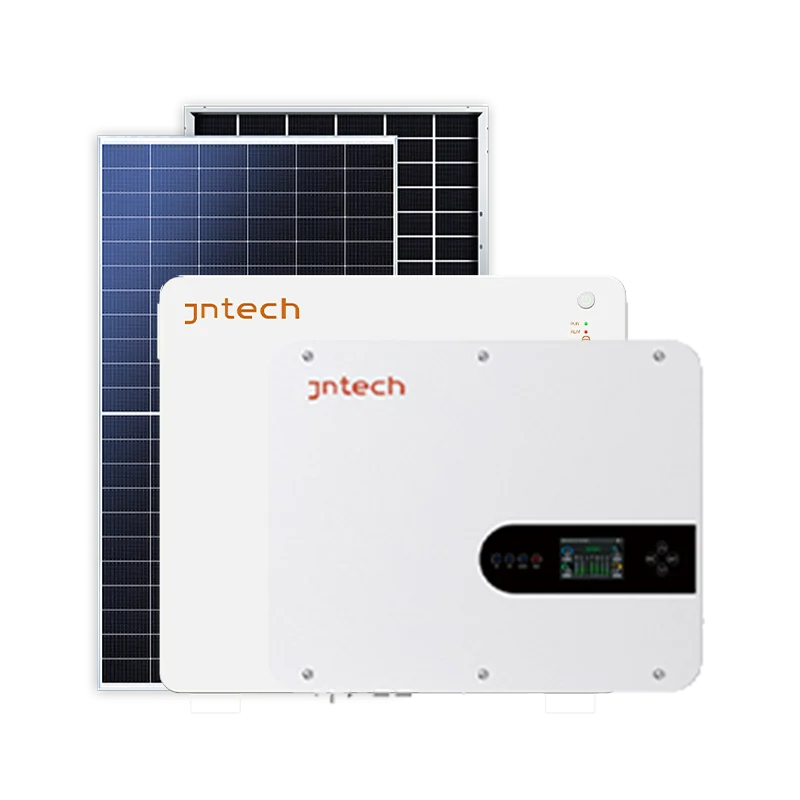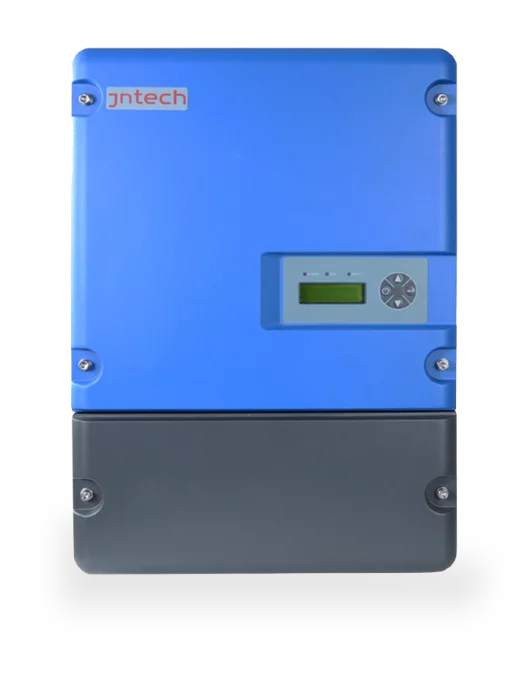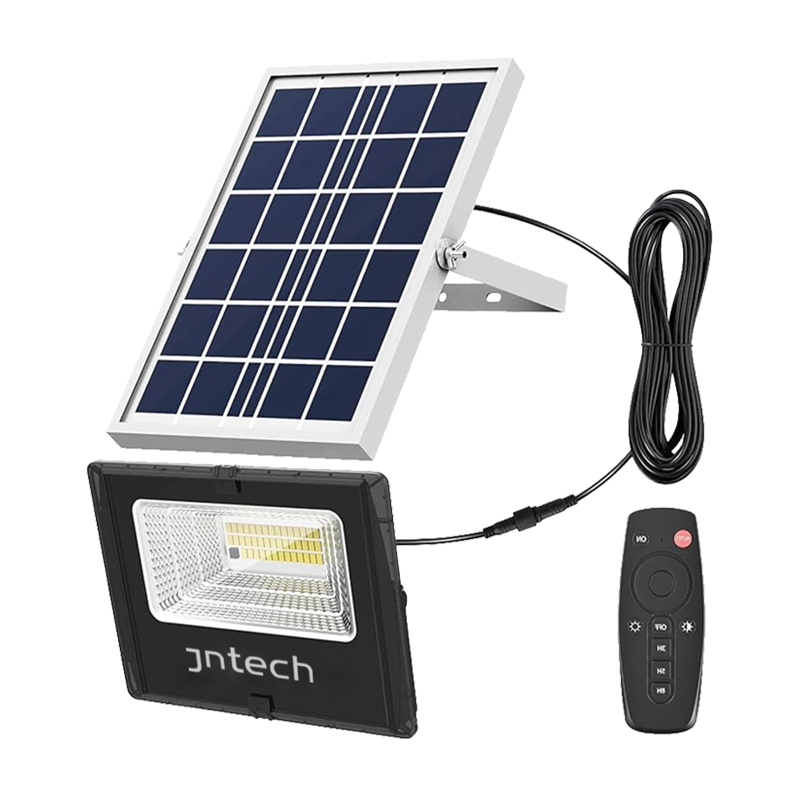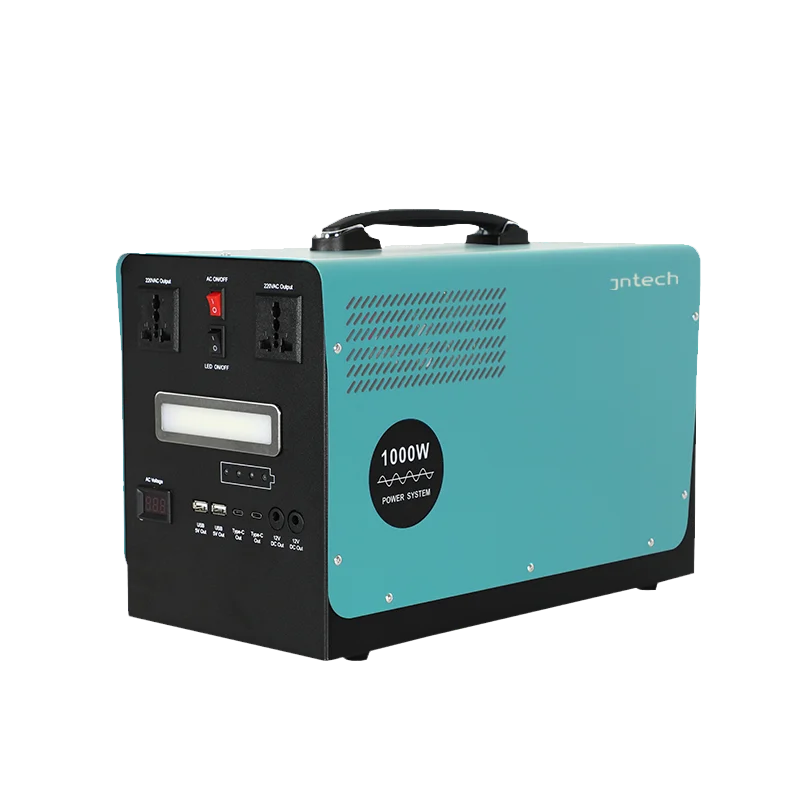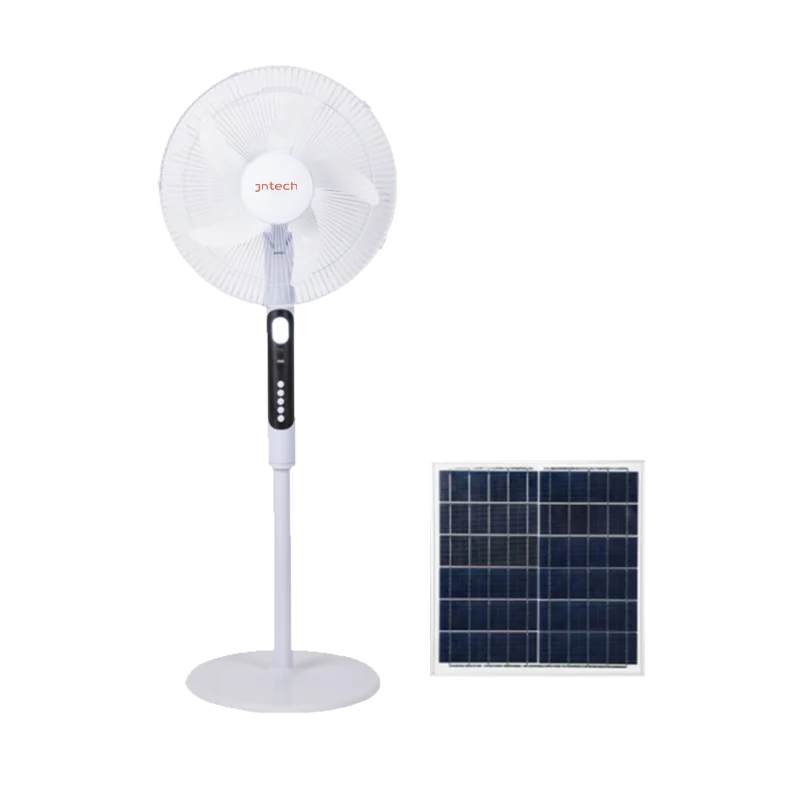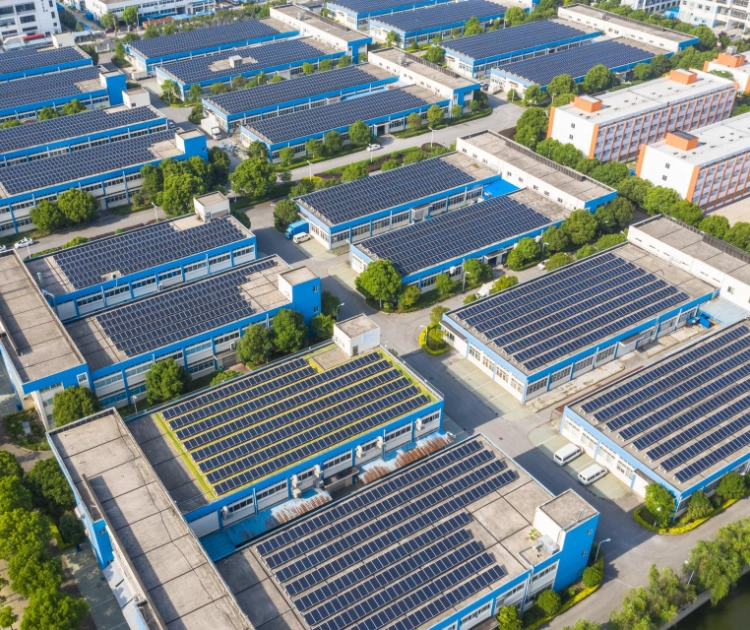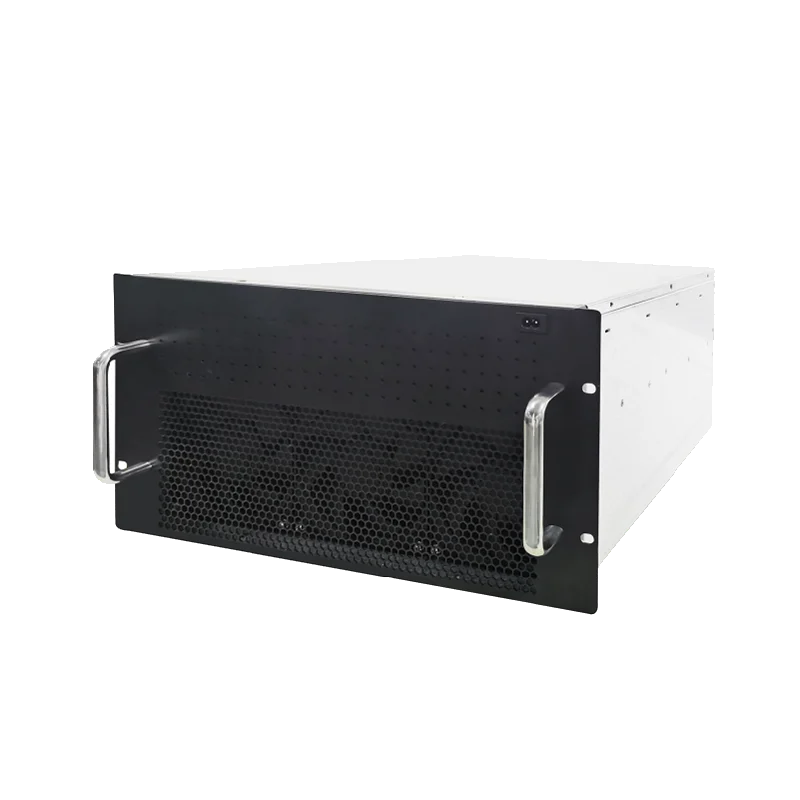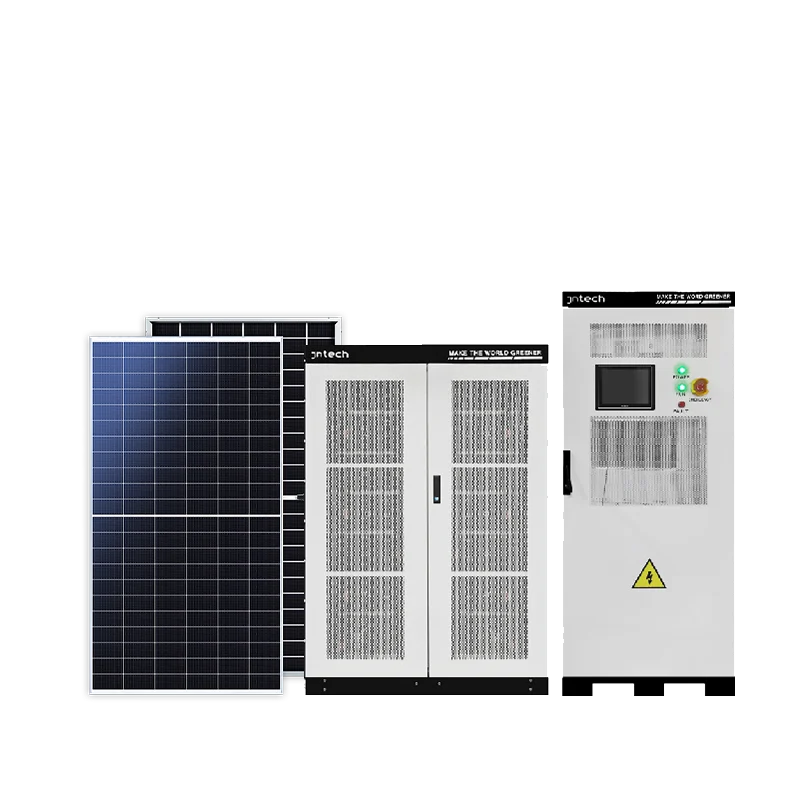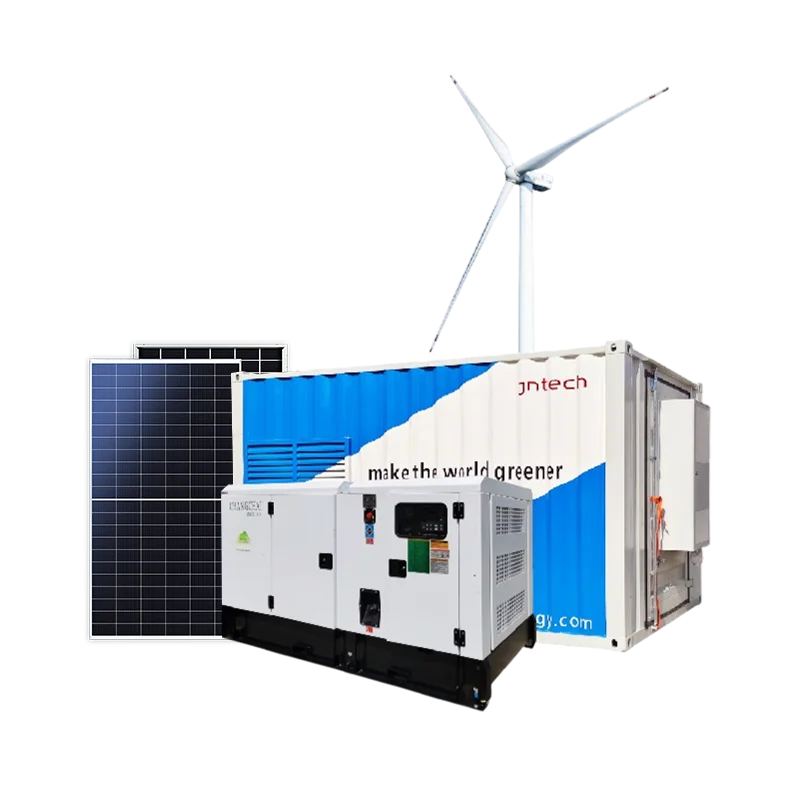Wind-Solar-Storage EV Charging Station
- JNES100K-232kWh-V1
Product Introduction
Product Features
-
Renewable Energy Utilization: Integrates wind and solar power to supply clean, renewable energy for electric vehicle charging, reducing reliance on conventional electricity grids.
-
Energy Storage: Features energy storage systems (e.g., batteries) to store excess power generated by wind and solar, ensuring continuous and reliable charging even when renewable generation is low.
-
Eco-Friendly: Reduces the carbon footprint by providing sustainable charging options and supporting the transition to clean energy, helping to mitigate climate change.
-
Flexible & Scalable: Can be tailored to meet different energy demands, whether for small-scale installations or large public charging networks, offering adaptability in various locations.
Technical Specifications
- JNES100K-232kWh-V1
Model
JNES100K-232kWh-V1
Battery Parameter
Battery type
LFP (lithium iron phosphate)
Specifications
280Ah/3. 2V
Cell connection
1P52S
Rated energy
46.592kWh
Configuration
1P260S
Number of battery pack
5
Rated voltage
832Vdc
VoItage range
754V~923V (single 2.9V~3.55V)
System rated energy
232.96kWh
Rated C-rate
0. 5C
Weight
≈1750kg
Fire suppression system
Perfluorohexanone
Cooling method
Liquid Cooling
AC Side Parameter
AC rated input/output power
100kVA
AC max. input/output power
110kVA
Access mode
Three-phase four-wire + PE
AC voltage range
360〜440Vac
Frequency
45Hz~55Hz 50Hz ; 55Hz~65Hz 60Hz
THD
≤3% @50%~100% full load output power
DV content
<0.5% (rated power)
Power factor
≥0.97 @20%~50% output power, nominal input voltage and frequency
≥0.99 @50%~100% output power, nominal input voltage and frequency
Cooling method
Intelligent air cooling
ON grid
support
System Parameter
Size (W*D*H)
1300x935x2255mm
Weight
2000kg
Protection grade
IP54
Environment temp.
-20°C~55°C (N45°C derating)
Humidity
W95% (no condensation)
Altitude
2000m (>2000 derating)
Communication
RS485/CAN
Communication protocol
Modbus
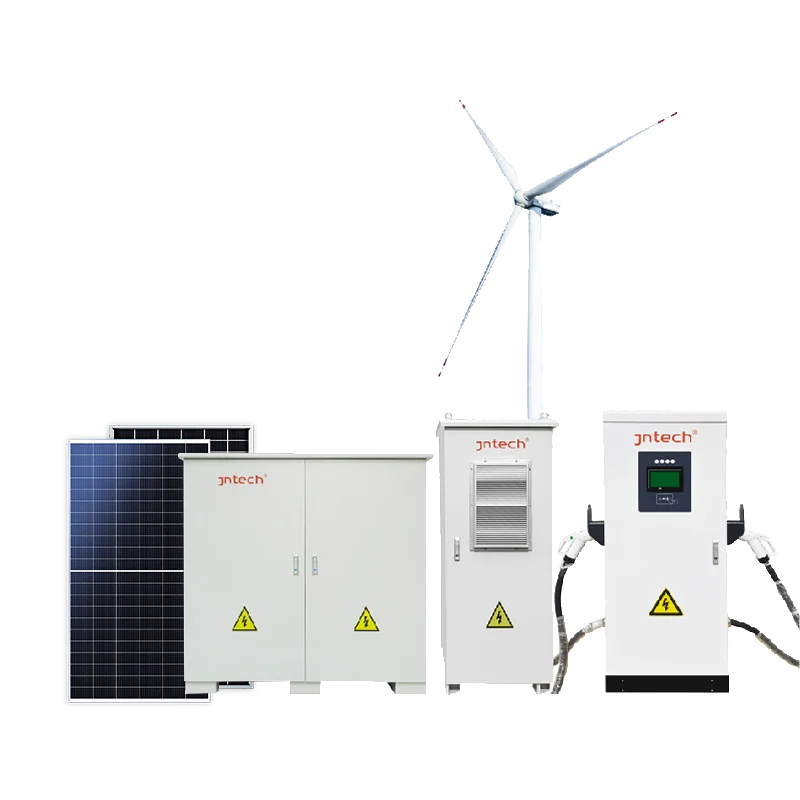
Description
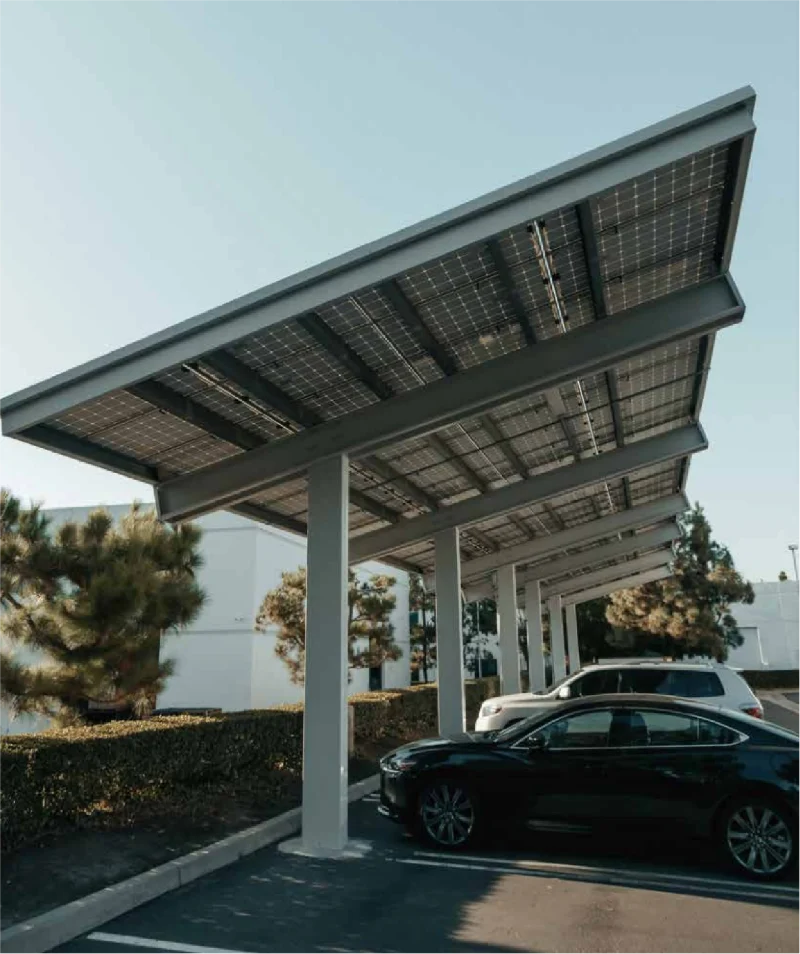
Wind-Solar-Storage EV Charging Station
Features:
Renewable Energy Integration: Utilizes wind and solar power, providing a clean and sustainable energy source for electric vehicle charging.
Energy Storage: Incorporates energy storage systems to store excess renewable energy, ensuring a steady power supply even during periods of low generation.
Reduced Carbon Footprint: Reduces greenhouse gas emissions by relying on renewable energy sources, contributing to a cleaner environment.
Cost Efficiency: Lowers operational costs by minimizing reliance on conventional power grids and reducing fuel costs for backup generators.
Scalability: The system is adaptable and can be easily scaled to meet varying charging demands, from small stations to large public networks.
Energy Independence: Provides a reliable and independent energy solution, especially for off-grid or remote locations, enhancing energy security.

